Leaving the extremely difficult areas not only makes the children's education unstable, but also makes many teachers less interested in the career of "sowing letters" in the mountains. And the sad reality has occurred when some mountainous districts cannot recruit enough teachers, and many teachers even have to sadly quit their jobs.
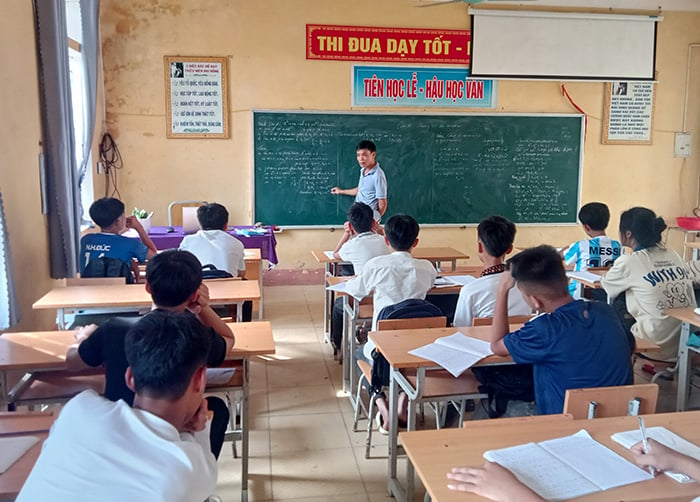
Pity the teacher who asked to quit his job
After graduating from university with a major in preschool education, after many years of dedication, teacher Luong Thi Thao (born in 1992) was recruited as a civil servant at Tan Phuc Kindergarten (Lang Chanh) from mid-2020. Since then, her life has become less difficult and arduous because in addition to her civil servant salary and teaching allowance, she also enjoys preferential policies from the State for civil servants working in extremely difficult areas with a monthly income of nearly 8 million VND. Decision No. 861/QD-TTg, dated June 4, 2021 of the Prime Minister on approving the list of communes in regions III, II, I in ethnic minority and mountainous areas for the period 2021-2025 (referred to as Decision 861 - PV) and Decision No. 612/QD-UBDT, dated September 16, 2021 of the Ethnic Committee on approving the list of extremely disadvantaged villages in ethnic minority and mountainous areas for the period 2021-2025 (referred to as Decision 612 - PV) take effect, Tan Phuc is no longer an extremely disadvantaged commune (there are only 2 extremely disadvantaged villages left).
In other words, the preferential treatment for Ms. Thao and teachers in the school is no longer available, equal to the benefits of preschool teachers in the delta region with the same working time. As a single mother with 2 children, the salary of more than 4 million VND/month cannot meet the needs of life, so in September 2022, she wrote a resignation letter when the time of participating in social insurance was not enough 5 years to go... to work abroad.
Through the social network zalo, from Japan, Ms. Thao said: “Although I know that if I quit, I will not be able to enjoy the one-time policy, but I have no other choice. The monthly salary is not enough for me to raise my children, not to mention when I am sick. Meanwhile, the work of raising children at school for preschool teachers is very hard, many days after coming home from class, I have to stay up late to make school supplies for the children. It is a pity, being a teacher has been my dream since I was a child, but there is no other way.”
In another case, Ms. Pham Thi Nam, an accountant at Giao Thien Secondary School for Ethnic Minorities (Lang Chanh), also resigned from her job in December 2022, due to an unstable income. Ms. Nam also raised a young child alone, due to her husband's early death. When she was still on the payroll, every day, she often traveled nearly 20 kilometers from her home in Lang Chanh town to school. Although the work was difficult, the road to the office had many passes and slopes, she still worked diligently thanks to the State's support policy for extremely disadvantaged areas. However, since June 2021, Giao Thien is no longer an extremely disadvantaged commune, her allowance has been cut, and her passion and enthusiasm for her work has gradually decreased.
Ms. Nam confided: “When I wrote my resignation letter, I was hesitant because many people advised me not to. But honestly, the job requirements were getting higher and higher, causing me to be stressed many times, while my income decreased by about 1.5 million VND/month compared to before June 2021. The salary was still more than 5 million VND/month, which could not ensure the life of the two of us, so I decided to quit my job and return to work with my family members.”
According to the Department of Education and Training of Lang Chanh district, in the 2022-2023 school year alone, 14 teachers and staff in the district quit their jobs, including 9 teachers and 5 staff. In March 2023, in the recruitment of primary school teachers with 44 positions, the district only recruited 9 teachers.
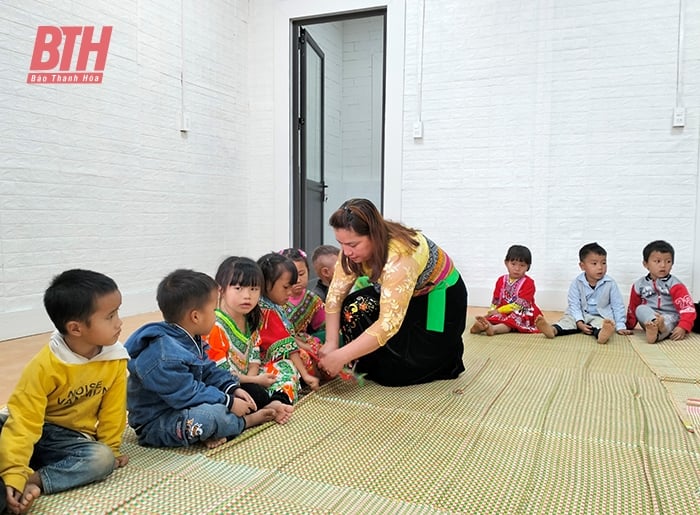
In Quan Son district, in the period of 2016-2020, all communes in the area were in extremely difficult socio-economic areas. In the period of 2021-2025, the district still has 2 communes (Na Meo, Son Thuy) and 9 extremely difficult villages. As a result, many teachers and staff in schools no longer enjoy preferential policies from the State, while working conditions are not much different from before. Mr. Hoang Ngoc Tuan, Head of the District's Home Affairs Department, said: "In January 2023, Quan Son district organized the recruitment of 45 primary school teachers, but only 15 teachers were recruited. The direct cause was the lack of application documents. Meanwhile, in 2022, 15 teachers at all 3 levels applied to work outside the district. This situation is still ongoing, causing difficulties for the district in arranging and assigning staff and teachers for schools."
In the period 2016-2020, all communes in Quan Hoa district were in the particularly difficult socio-economic area. Up to now, the district has no more particularly difficult communes, only 36 villages and hamlets are in the difficult area, causing many students and teachers to no longer enjoy preferential policies of the State. According to the district's Department of Education and Training, from July 1, 2022 to April 30, 2023, at 3 levels of education in the district, 11 teachers on the payroll have quit their jobs, including 7 primary school teachers, 1 secondary school teacher and 3 preschool teachers. Most of them are under 35 years old and most have university degrees.
When income is not enough to meet life needs
In general, when leaving the extremely difficult areas, not only the income of cadres, teachers and staff in schools is reduced, but also the staff, civil servants, public employees, workers and salaried people in the armed forces. According to Decree No. 76/ND-CP dated October 8, 2019 of the Government on policies for cadres, civil servants, public employees, workers and salaried people in the armed forces working in areas with extremely difficult socio-economic conditions (referred to as Decree 76 - PV), cadres and teachers working in extremely difficult areas are entitled to additional allowances: attraction, career incentives, and long-term work allowances in extremely difficult areas. In which, the attraction allowance is calculated as 70% of the current salary (according to the salary table prescribed by the competent authority of the Party and the State) plus the leadership position allowance, seniority allowance exceeding the framework (if any) applied to the actual working time in the area with particularly difficult socio-economic conditions not exceeding 5 years (60 months). The preferential allowance according to the profession is equal to 70% of the current salary (according to the salary table prescribed by the competent authority of the Party and the State) plus the leadership position allowance, seniority allowance exceeding the framework (if any) applied to the actual working time in the area with particularly difficult socio-economic conditions. Long-term allowance is received monthly based on the basic salary and actual working time in areas with especially difficult socio-economic conditions with 3 levels: 0.5 applies to people with actual working time in areas with especially difficult socio-economic conditions from 5 years to less than 10 years; level 0.7 applies to people with actual working time in areas with especially difficult socio-economic conditions from 10 years to less than 15 years; and level 1 applies to people with actual working time in areas with especially difficult socio-economic conditions from 15 years or more.
When the working area is no longer a particularly difficult commune, it means that those allowances are also cut. While life is still difficult, the decline in income makes teachers the most vulnerable. Therefore, many teachers quit their jobs, or transfer to the lowlands, and many districts cannot recruit enough educational staff, or have difficulty attracting high-quality human resources to work and stay long-term.
While human resources are the most important factor, and personnel work is the key, the lack of high-quality human resources will not only put pressure on the cause of educational innovation.
Article and photos: Do Duc
Lesson 3: The messy story of health insurance.
Source



![[Photo] Phuc Tho mulberry season – Sweet fruit from green agriculture](https://vstatic.vietnam.vn/vietnam/resource/IMAGE/2025/4/10/1710a51d63c84a5a92de1b9b4caaf3e5)
![[Photo] Unique folk games at Chuong Village Festival](https://vstatic.vietnam.vn/vietnam/resource/IMAGE/2025/4/10/cff805a06fdd443b9474c017f98075a4)
![[Photo] Prime Minister Pham Minh Chinh chairs meeting to discuss tax solutions for Vietnam's import and export goods](https://vstatic.vietnam.vn/vietnam/resource/IMAGE/2025/4/10/19b9ed81ca2940b79fb8a0b9ccef539a)




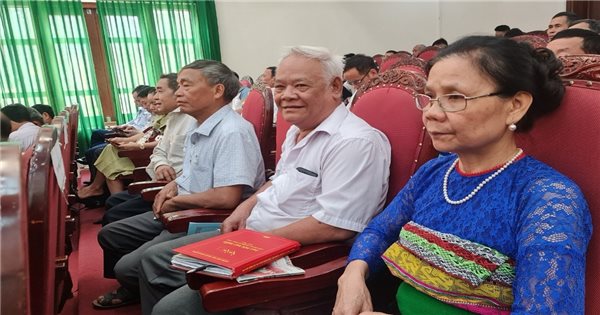






































































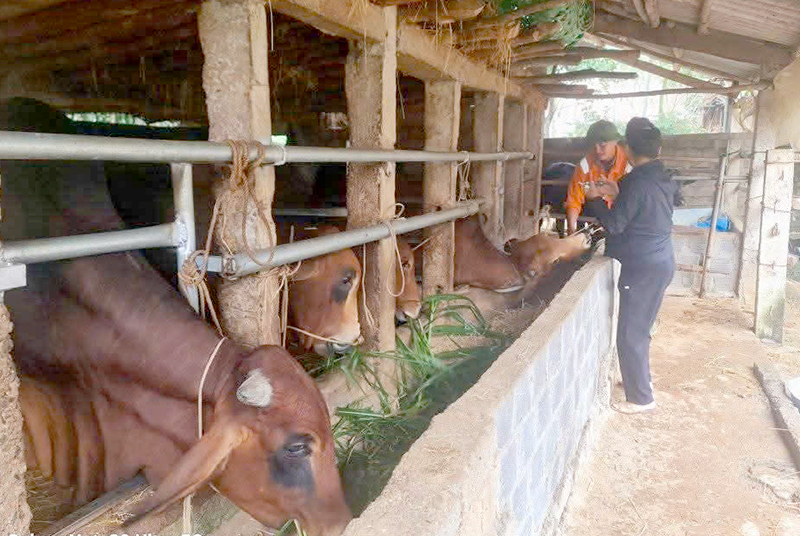

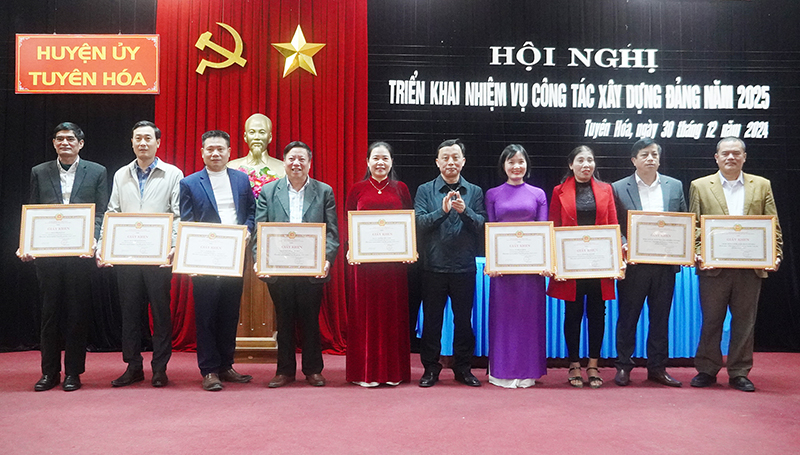
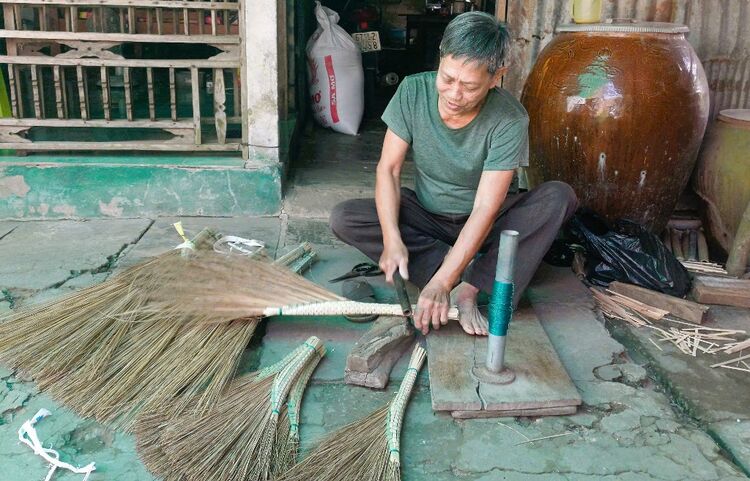

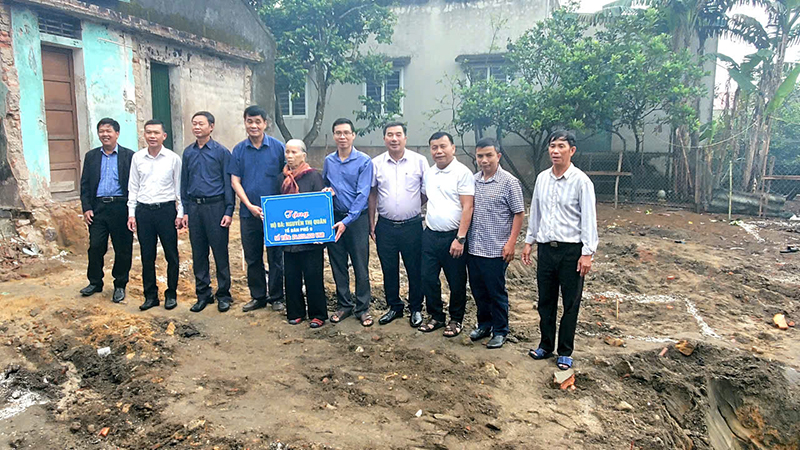










Comment (0)